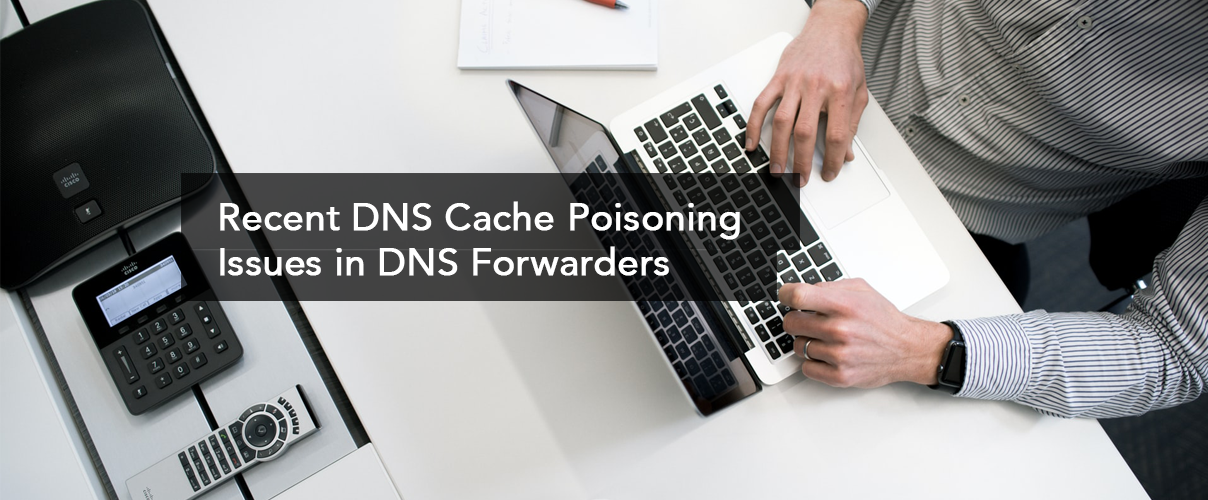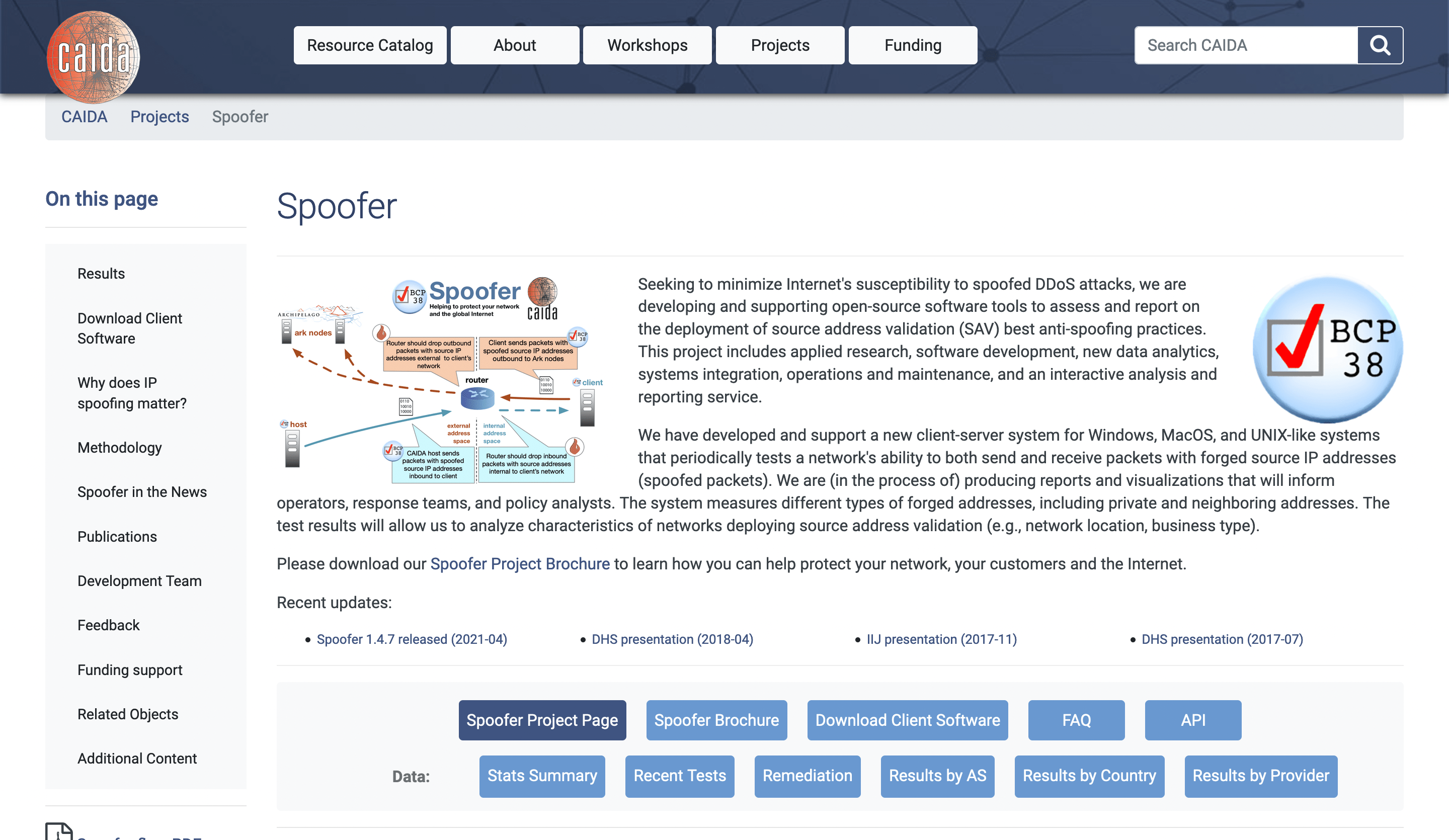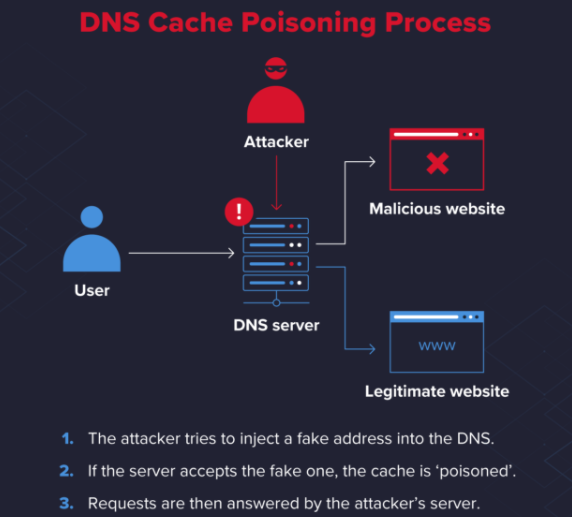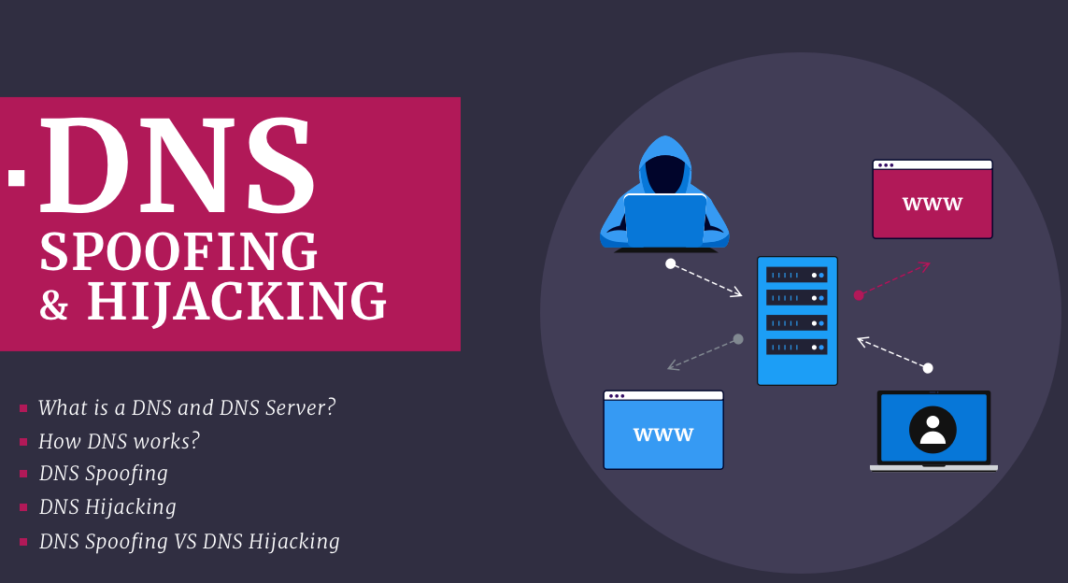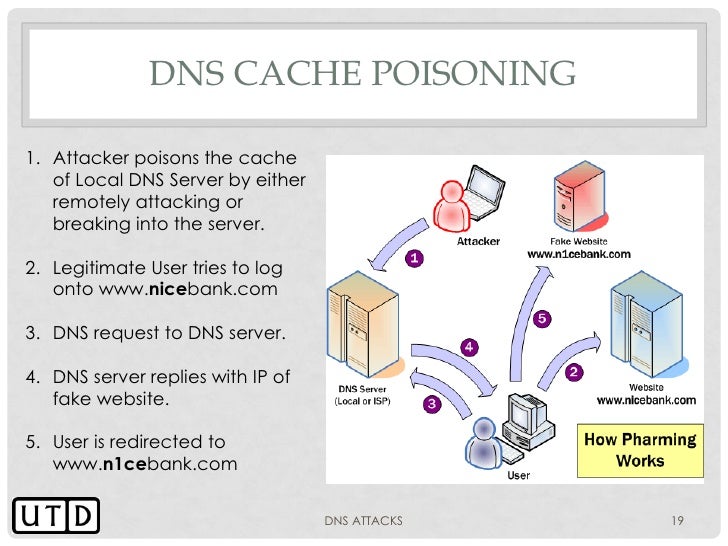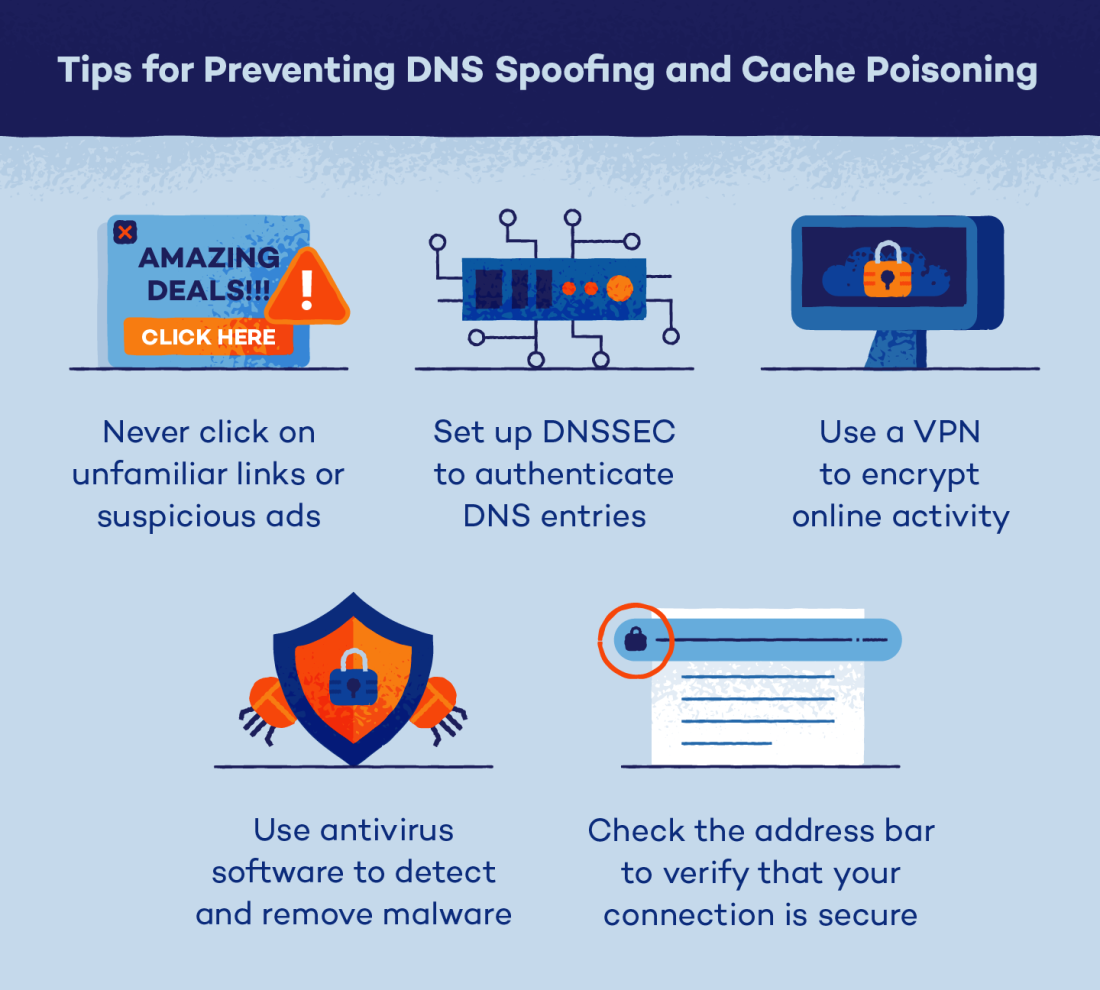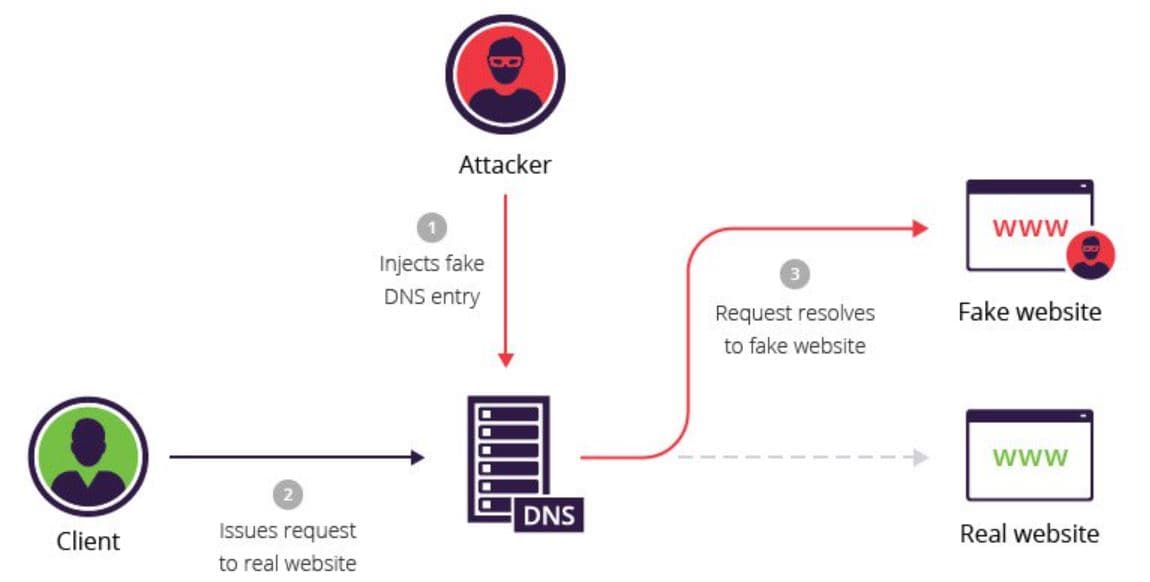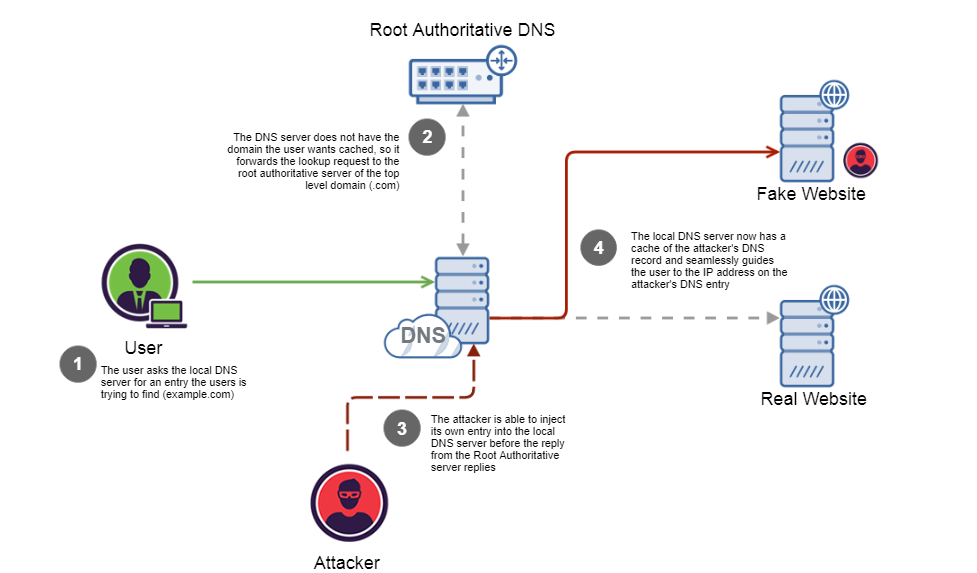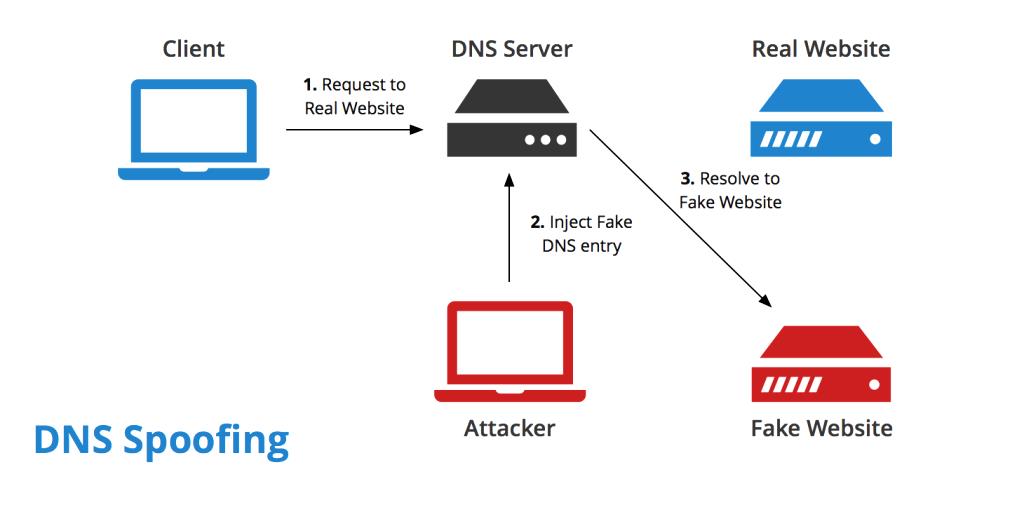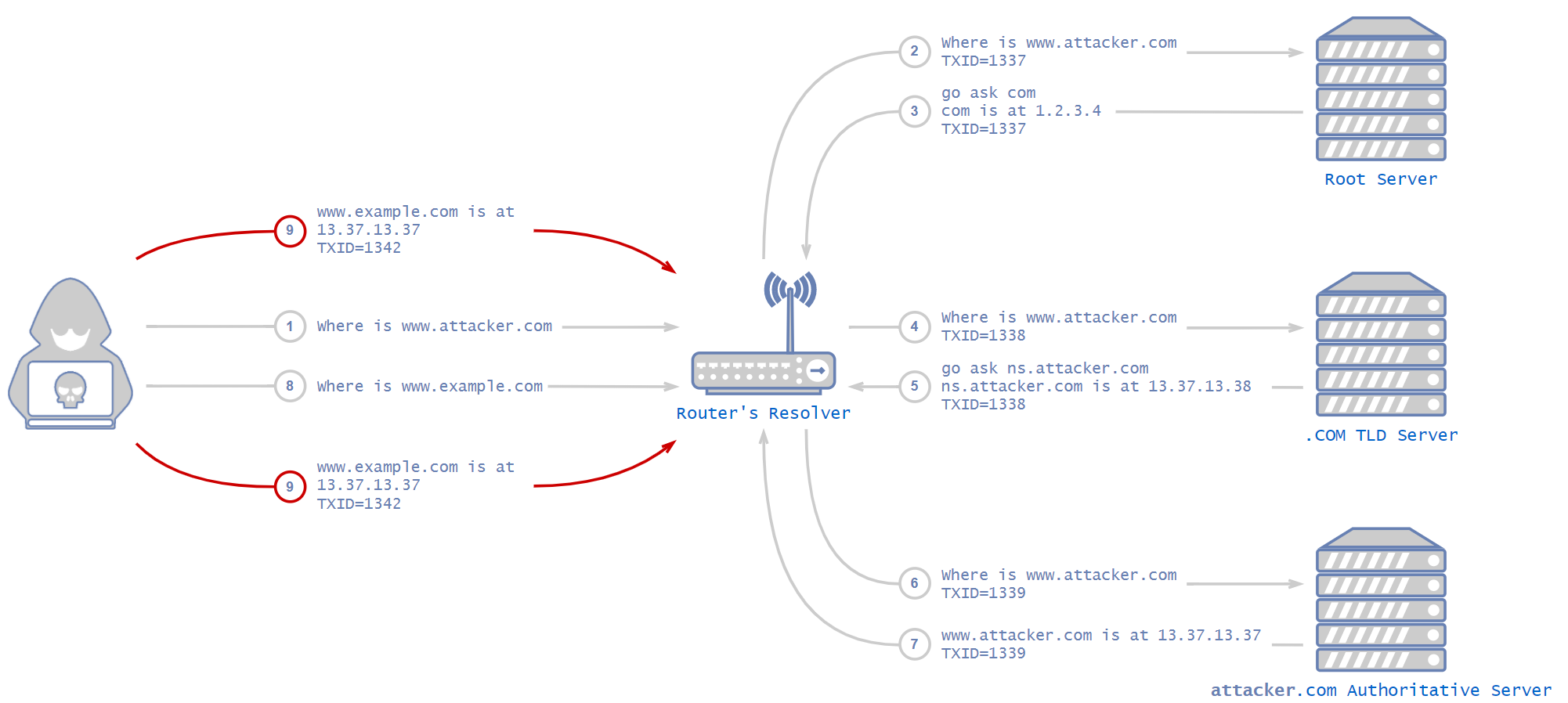Awe-Inspiring Examples Of Tips About How To Prevent Dns Cache Poisoning
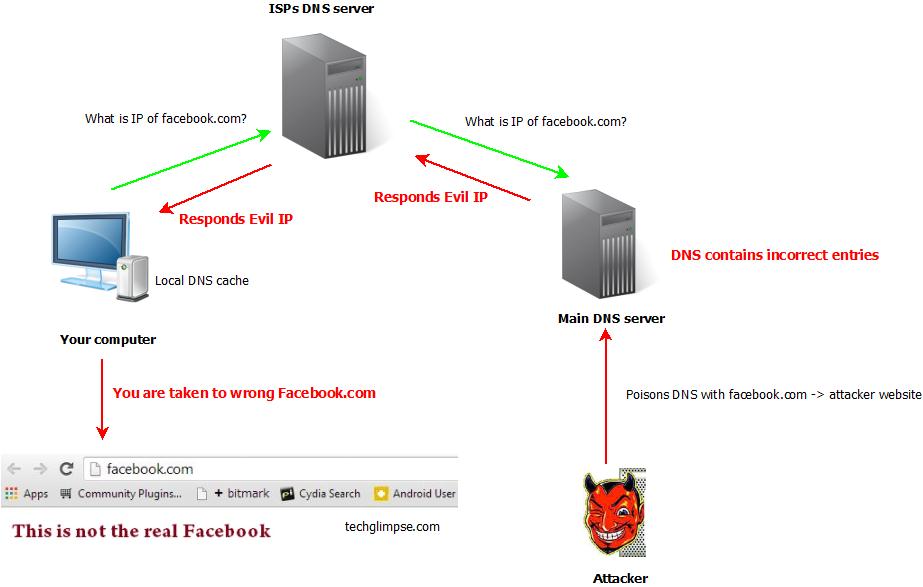
Your router, pc, and even your isp's.
How to prevent dns cache poisoning. Explain how attackers can poison a dns cache; The simplest way to prevent dns cache poisoning is to regularly flush dns caches. Dns cache poisoning works by tricking your dns server into saving a forged dns entry.
Dns poisoning is a spoofing activity in which hackers redirect original traffic to a fraudulent website. Fortunately, to prevent such an attack from happening to you, there are still a range of steps that your company can take, so you should not be under the assumption that dns cache. This means there is no handshake and no authentication required.
Dns poisoning or dns cache poisoning is the method of replacing dns server data with malicious redirects. Protect business operations by protecting dns. Dns cache poisoning, also known as dns spoofing, is a type of attack that exploits vulnerabilities in the domain name system (dns) to divert internet.
Detecting and preventing poisoned caches. Define dns cache poisonings; How does dns cache poisoning work?
How to prevent dns poisoning and spoofing? Domain name servers (dns) are the internet's. Understand how dns caching works;
Dns spoofing uses a poisoned cache to redirect. Each time your browser contacts a domain name, it has to contact the dns server first. What is dns poisoning and spoofing?
If you are a dns server administrator, waiting until the cache clears itself automatically could mean allowing a poisoned cache to persist for weeks and putting. Dns cache poisoning & spoofing: Never click on an unrecognized link:.
There are several measures organization should take to prevent dns cache poisoning attacks. The dns resolver sends a udp packet with a question and waits to receive a udp packet with an answer. One is that dns servers should be configured to rely as less as.
In a dns attack, dns is compromised or used as a vector. The domain name system, or dns, is a naming system for computers, services, and. Traffic to the forged dns entry goes to a server of the attackers choosing to.
How it works | abnormal. What is dns cache poisoning? Phony information is inserted into the dns with the intention of redirecting the user to a harmful website that will either steal information or install ransomware, spyware, trojans, worms, or other types of malware on the device.



